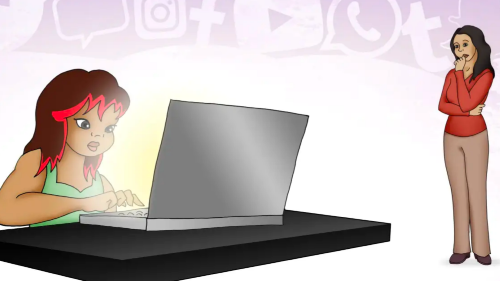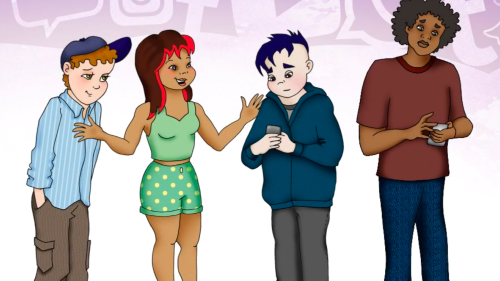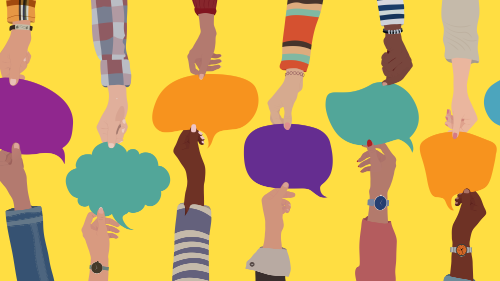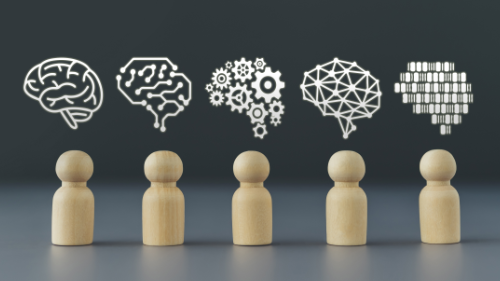Youth and Media: Activities and Guides
Digital Safety
Social Media TestDrive
Social Media TestDrive lets young people practice digital citizenship skills in a simulated, realistic social media environment. This interactive educational platform was created by the Cornell University Social Media Lab in collaboration with Common Sense Education.
Getting Kids to Take Online Safety Seriously
When internet safety is contextualized and personalized and provides students with an opportunity to create, apply, or synthesize higher-level ideas, the learning is far more profound than when the information is delivered by lecture. Edutopia.
Connect Safely
ConnectSafely.org is a nonprofit organization dedicated to educating users of connected technology about safety, privacy, and security. This website provides research-based safety tips, parents' guidebooks, advice, news, and commentary on all aspects of tech use and policy.
Common Sense Media
The extensive resources offered on this website are designed to provide information, advice, and tools to help parents, educators, and policymakers "harness the power of media and technology as a positive force in all kids' lives."
CyberWise
This comprehensive site offers digital literacy and online safety resources for both parents and educators.
StopBullying.gov: Cyberbullying
This section of a U.S. government website on bullying describes cyberbullying tactics and provides tips.
Digital Citizenship Curricula
Digital Citizenship
This K-12 curriculum includes lesson plans, student digital interactives, and assessments, as well as professional development for teachers and materials for family education. Common Sense Education.
Be Internet Awesome
This curriculum gives educators the tools they need to teach digital safety and citizenship fundamentals. Google and iKeepSafe.
Google Digital Literacy and Citizenship Curriculum
This middle school classroom curriculum can be used to teach what it means to be a responsible digital citizen. Google and iKeepSafe.
Digital Literacy Library
Find lesson plans to help young people develop skills needed to navigate the digital world, critically consume information, and responsibly produce and share content. Facebook and Berkman Klein Center for Internet & Society.
Media and Digital Literacy
Practice Matters: Media Literacy
What is media literacy and why is it important for youth? Andrew Smiler explores the issue in this article. ACT for Youth.
Use, Understand, and Engage: A Digital Literacy Framework
What exactly is digital literacy, and how can we ensure that students are learning the digital skills they need? The Digital Literacy Framework offered here classifies competencies for digital literacy according to three principles: use, understand, and create. Media Smarts.
Center for Media Literacy
This website contains abundant resources for promoting media literacy education.
Project Look Sharp
Project Look Sharp is a media literacy initiative of Ithaca College that develops lesson plans, media materials, training, and support for the integration of media literacy with critical thinking into curricula.
Incorporating Tech into Programming
Afterschool and STEM Learning
Afterschool programs play a major role in providing meaningful science, technology, engineering, and math (STEM) learning experiences to youth. This collection of resources includes curriculum and activities, program profiles, funding ideas, publications, and webinars. Afterschool Alliance.
MIT App Inventor
MIT App Inventor is a beginner's introduction to programming and app creation that transforms coding language into visual, drag-and-drop building blocks. The project seeks to democratize software development by empowering all people, especially young people, to transition from being consumers of technology to becoming creators of it.
Scratch for Educators
Scratch is a programming language and online community where youth can program and share interactive media such as stories, games, and animation. Educators use Scratch in a variety of school and community settings for a range of grade levels. The Creative Computing Curriculum Guide provides plans and activities. MIT Media Lab.





